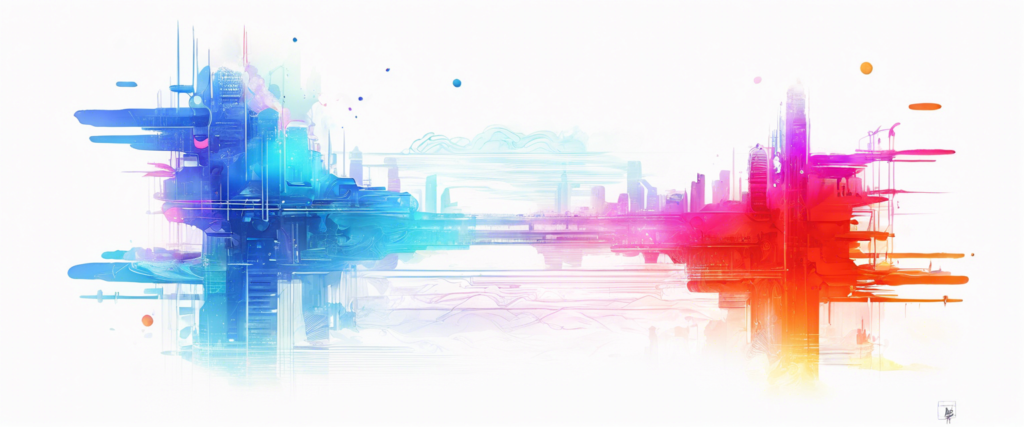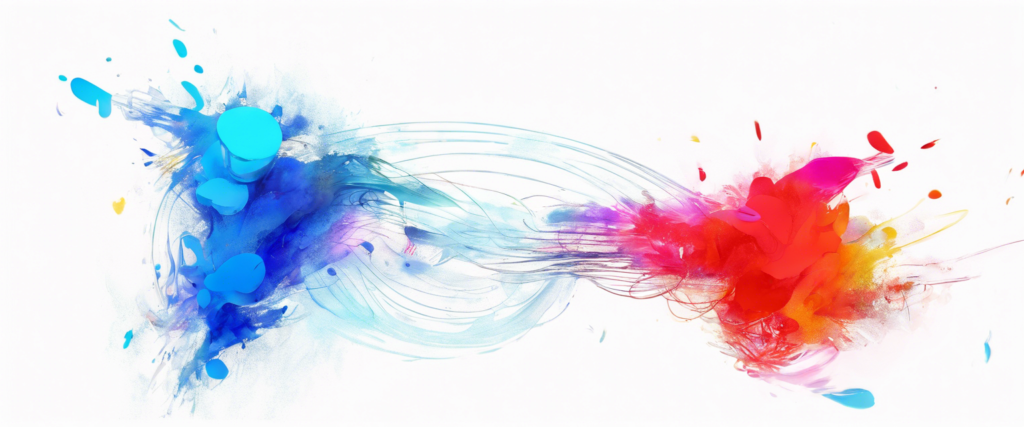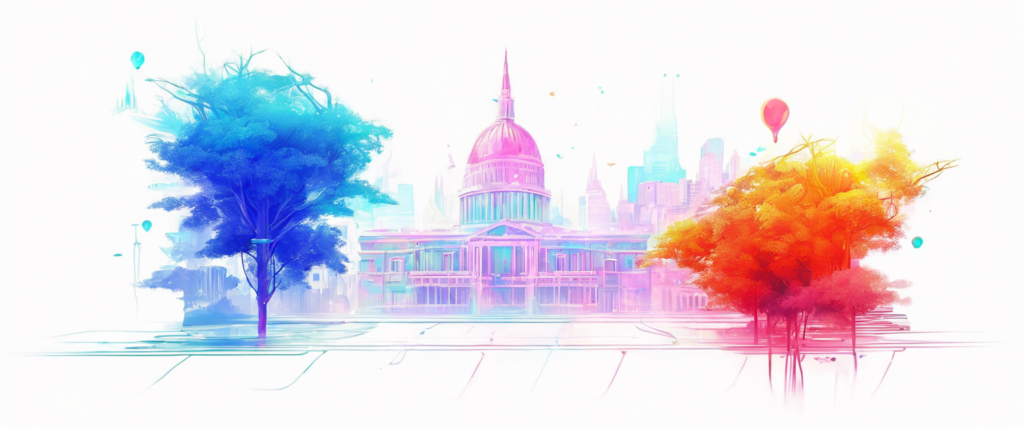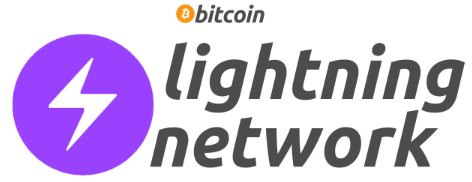“Congrats fool, you played yourself.” Words I say to myself frequently, as I fall into the numerous traps of my own biases. Be it confirmation bias, coverage bias, groupthink, Dunning-Kruger, or even declinism. Being immune to manipulation is almost impossible in today’s modern media saturated era. Numbers vary between studies, but most show that the ability to think critically and without emotion is present only in a minority of most populations. The art of propaganda is now so well crafted and prevalent in every day life, that it is almost impossible to escape its effects.
Part of that propaganda is the use of outrage to drive a response. Outrage politics is used to polarise and rally support, often by painting the other side as dangerous, misguided, or inept. But it is also used to drive advertising revenue, clicks, and earn people money.
Both you and I, dear reader, allow ourselves to be played.
“Social outrage is power protecting itself; it is not morality.”
Andrea Dworkin
The Emergence and Evolution of Outrage Politics
Declinism is the belief that a society or institution is tending towards decline. I must admit, it is a bit of a default thought process for myself, and probably for most people of a more conservative political bent and of a certain age bracket. The rose-tinted spectacles by which we view the past, and how we appraise the present as subjectively worse. Back in Chpt 2: Credibility Problem I discussed the decline in political discourse. I still stand by that appraisal. The ability for the majority of our political class to think critically and argue rhetorically seems to be falling away. Simplistic sloganeering and a growing partisan divide between politicians drives a news cycle dominated by 30 second sound bites.
The media’s role in creating the necessary outrage reaction is well understood. This applies to print media, tv and online social media, although some are more effective than others. Political campaigns have used social engineering to drive engagement and political momentum. Barack Obama was famously good at using social media and technology as an integral part of the campaign strategy. Not only to raise money, but to develop a groundswell of ’empowered’ volunteers. For others, the ‘click bait’ phenomenon is primarily driven by one mechanism; making money through advertising. In 2024 Traditional TV advertising spend, in the USA for example, is a $60 billion industry, but Search and Social Media combined are a $177 billion per year industry.
“Outrage is intoxicating, and like other intoxicants, it makes people stupid.”
Kevin D. Williamson, The Smallest Minority: Independent Thinking in the Age of Mob Politics
One issue that advertisers have with traditional media is that you cannot target your audience in a way that amplifies and maximises your ad spend returns. Social media content ranking algorithms push people into content that they already have a bias towards, driving them into echo chambers of opinion. A March 2021 study, based on 17,000 users, found that Facebook’s content-ranking algorithm may “limit users’ exposure to news outlets offering viewpoints contrary to their own—and thereby increase polarization.“
We have seen an huge rise in highly polarised political material both from left and right spectrums, certainly in the wake of events in Ukraine and the Israel / Palestine conflict. In a 2021 review of the empirical evidence, researchers stated “Although social media is unlikely to be the main driver of polarization, they concluded, “it is often a key facilitator.” Complex political diatribe is condensed down to easily digestible chunks, selectively chosen to exploit cognitive bias in the viewer, and drive clicks. To continue to drive clicks, you must continually be more outrageous than the other accounts, this is a vicious cycle.

The Mechanics of Outrage Politics:
Outrage makes us feel good. Which, on the surface, given that it is an emotion driven by anger, seems counter intuitive. It is better understood now that our emotions have evolved largely to help us obtain and maintain strong social standing within small-scale communities. This was an evolutionary adaptation for our ancestors. The expression of outrage is more about performative moral grandstanding, often known as virtue signaling, in order to make yourself appear more virtuous at the expense of others. Publicly expressing outrage can project a good image and boost our status. The content of the message doesn’t actually matter, only that you are seen socially to be outspoken about the issue. I discussed this in Chpt 25: Very Little Gravitas Indeed.
This groupthink and confirmation bias mechanism drives a lot of the tribalism we see prevalent now. Combining social justice with group bonding creates a sense of solidarity. The use of social media fuels outrage by making your opinion easy to see and share, with emotive content going viral between politically aligned groups. In witnessing other’s outrage it also plays into a false consensus mechanism or an availability cascade, where an idea accumulates more credibility as it spreads.
“People get addicted to feeling offended all the time because it gives them a high; being self-righteous and morally superior feels good.”
Mark Manson – The Subtle Art of Not Giving a F*ck
The primary role of politicians and media is to influence public opinion in their favour. This is not a new phenomenon, it is simply a way to reach more people with a message. Franklin D. Roosevelt famously leveraged radio, and John F. Kennedy used television to bridge the communications gap between politicians and the public. But in an insidious fashion, this too has become ‘gamified’. Our understanding of psychology and manipulation in humans has become so good that entire industries have grown up developing addictive gaming mechanisms or media campaigns that play on our vulnerabilities. They can target specific groups through data harvesting (Cambridge Analytica data scandal), and whilst perhaps with good intentions, the outcomes can undermine civil discourse.

The Consequences and Impact of Outrage Politics:
Depending on who you ask, we are tilting towards both fascism and communism, simultaneously beset by incompetence and corruption, or possibly a global elitist plot led by Malthusian de-growth proponents. At this point it’s difficult to tell the truth from the propaganda. The level of cynicism and anger towards our politicians has never been higher and both are associated with exposure to political attacks on social media. Studies show that younger generations use social media to find information and news about politics, but that much of the content they see in their feeds is hostile, uncivil and attacking. Emotions like anger and anxiety play a huge role in perception of current events.
Political cynicism goes further than just a distrust of political motivations. It becomes a wholesale rejection of people and processes in a democracy and holds an underlying belief that politicians are guided by corrupt, self serving, personal interests, rather than serving the public good. A Pew Research Center poll says “If your main source of news is social media, you are more likely to perceive politics as hostile and angry,” (Hasell). “And beyond the feelings that political attacks provoke, it matters how people perceive and read the temperature of ‘public emotions’ because this can impact assessments about the country’s well being and its ability to solve problems and accomplish goals.”
A person is smart. People are dumb, panicky dangerous animals and you know it.
Kay – Men In Black
An October 2023 survey by the Public Religion Research Institute found that nearly a quarter of Americans (23%) agree that “because things have gotten so far off track, true American patriots may have to resort to violence in order to save our country.” This is up from 15% in 2021. Political fear mongering and relentless targeted campaigns declaring how your country is under threat from the ‘other side’ can make people feel frustrated, disgruntled and disengaged. This anger affects our ability to see things are they are (critical thinking) and play on emotions to illicit a response. Irrational behaviour in large groups is self reinforcing.

Moving Beyond Outrage Politics:
More than 80% of Americans believe elected officials don’t care what people like them think. More than in any other country. It’s so bad, that only 4% of Americans think the political system is working extremely or very well. This is a troubling metric, more so for a country that has such an outsized impact on global politics and economics.
I think it might be simple to reduce this to two main issues. The size of the government is too large, and money plays too large a place in defining the politics. But this goes on in both sides of the political spectrum. There is no side that people perceive as less corrupt from an opposing viewpoint.
“The only way to stop the political outrage game is not to play it.”
Carmine Savastano
More than this, we have seemingly created a captive audience of outrage junkies. Outrage can be addictive. The validation of shared anger and the feeling of moral superiority can make it difficult to step back and see the other side. People become entrenched in their positions, making compromise seem like a betrayal. Algorithms on social media platforms tend to show users content that confirms their existing beliefs. This creates echo chambers where people are constantly bombarded with outrage-inducing material, reinforcing their anger and distrust.
Outrage is good for clicks and engagement. Media outlets and political figures may benefit from stoking outrage, even if it comes at the expense of constructive discourse. It really does all come down to money and power at the expense of the people.
I think the only way to avoid political cynicism is to turn off social media, engage in the real world, and stop being so cantankerous.

Further reading:
Social Media, News Consumption, and Polarization: Evidence from a Field Experiment
Social Media’s Influence on Elections
How Barack Obama Used New Media Technology to Win the White House
Political Rage on Social Media Is Making Us Cynical


